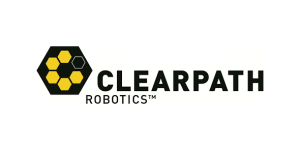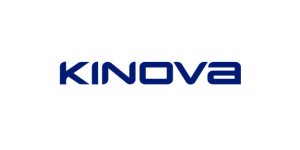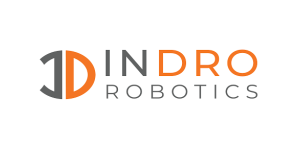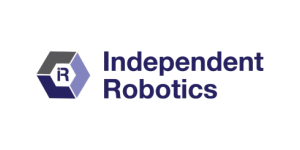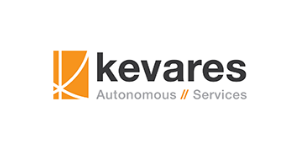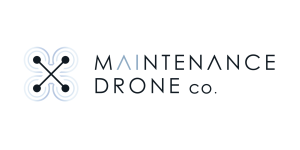Our annual Robotics and AI Symposium were held again October 12, 2023! As in previous years, Amber Mac was our MC and debate moderator for the day. Our debate posters this year were also designed using Midjourney! We were also very excited to have seven industrial exhibitors for the day.
